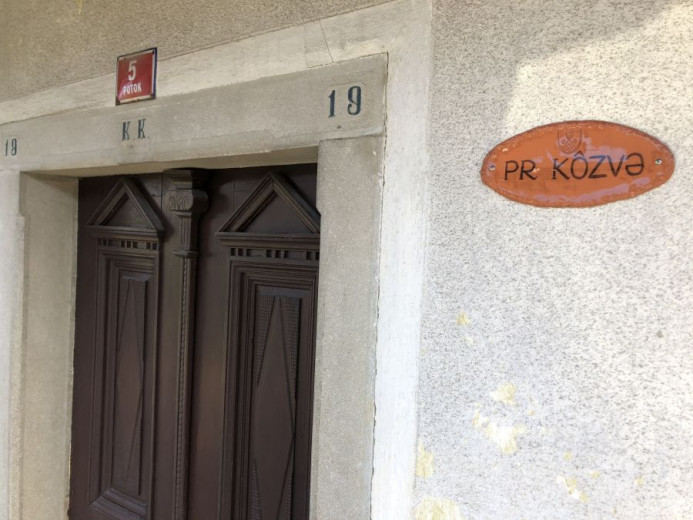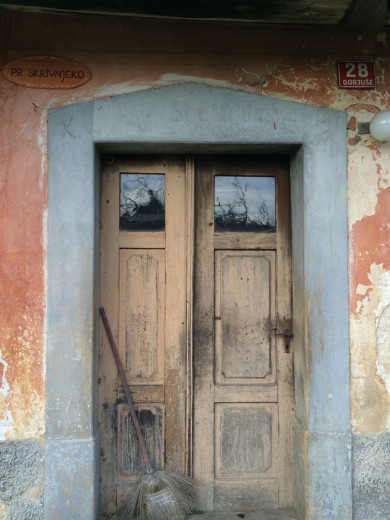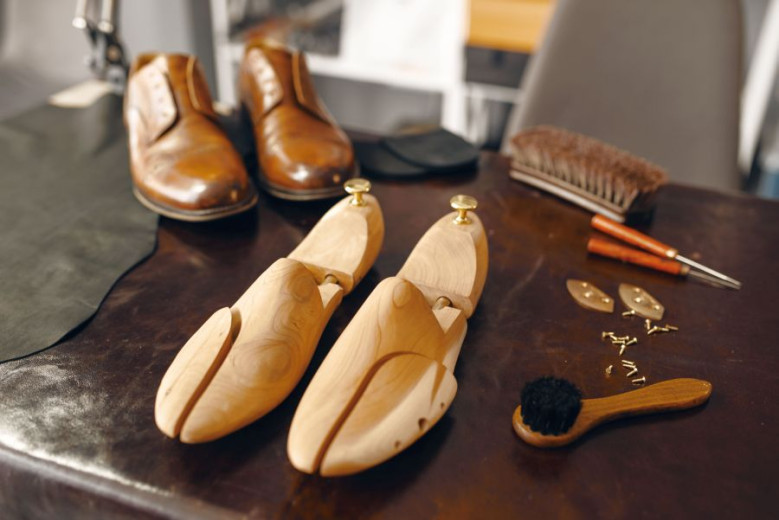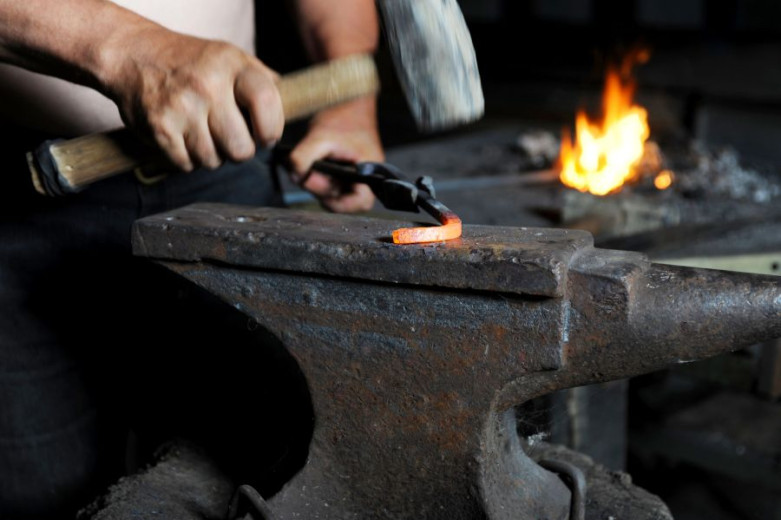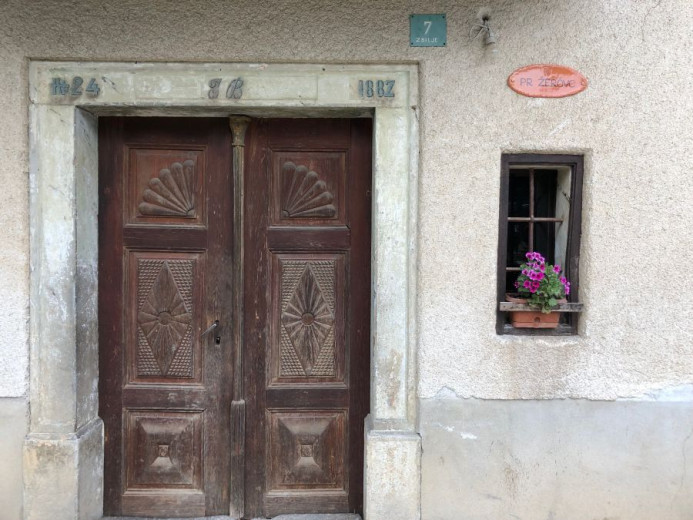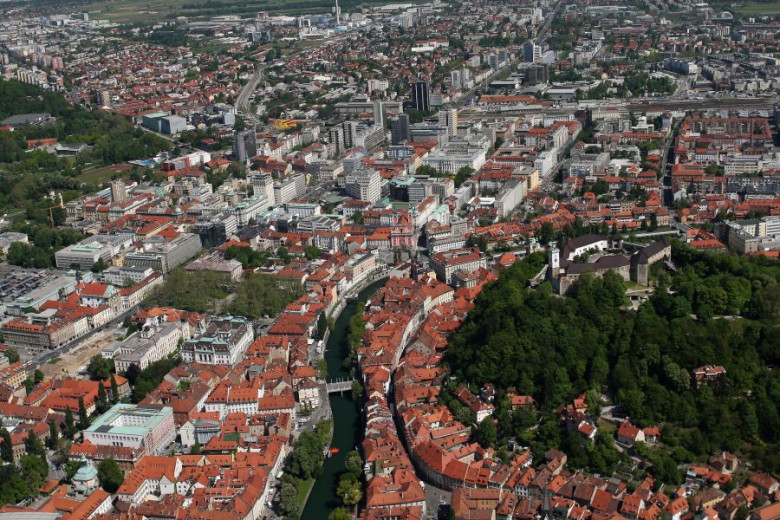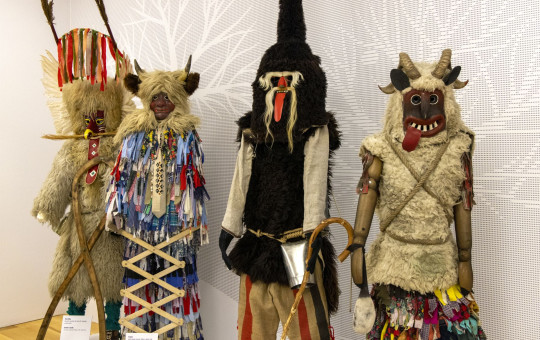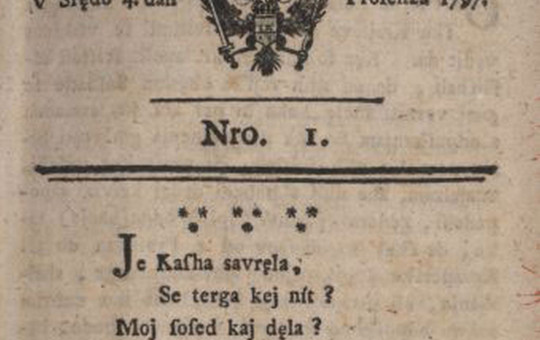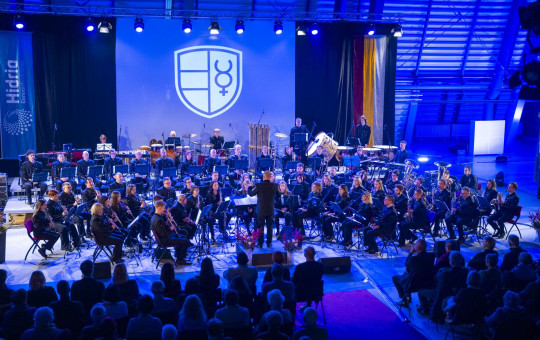Date: 29. January 2024
Time to read: 1 min
House names refer to homesteads, the land with it and, in particular, the people living there. These names were created to make it easier to distinguish between people and were used for a homestead even after the owners changed.
In some areas where farming is being abandoned and old houses torn down, these old names are vanishing from everyday language. Older people are often the only people that still know and use house names. But house names are also important for encouraging people to feel connected to their hometown.
-
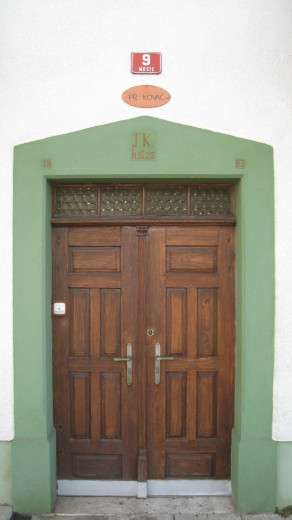 At the Smith's (Pr Kovač) house. Photo: Klemen Klinar
At the Smith's (Pr Kovač) house. Photo: Klemen Klinar
-
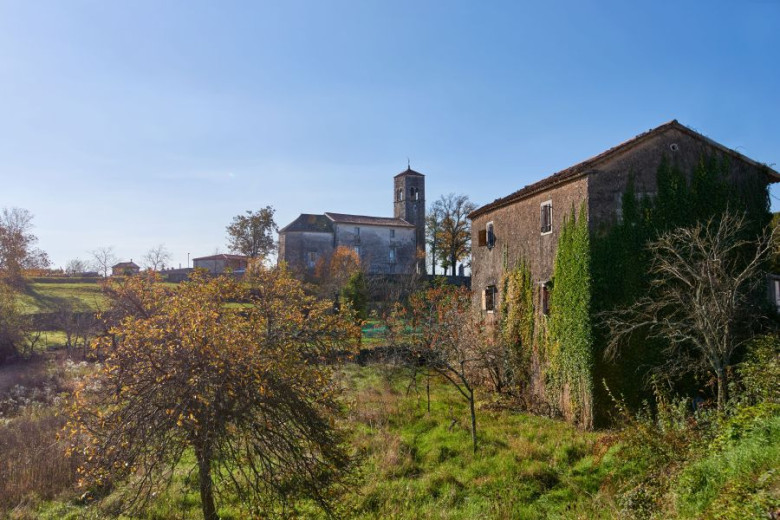 Back in the old days houses were not identified by their home adress or current owner's name but by its house name. Photo: SonSam/depositphotos.com
Back in the old days houses were not identified by their home adress or current owner's name but by its house name. Photo: SonSam/depositphotos.com
-
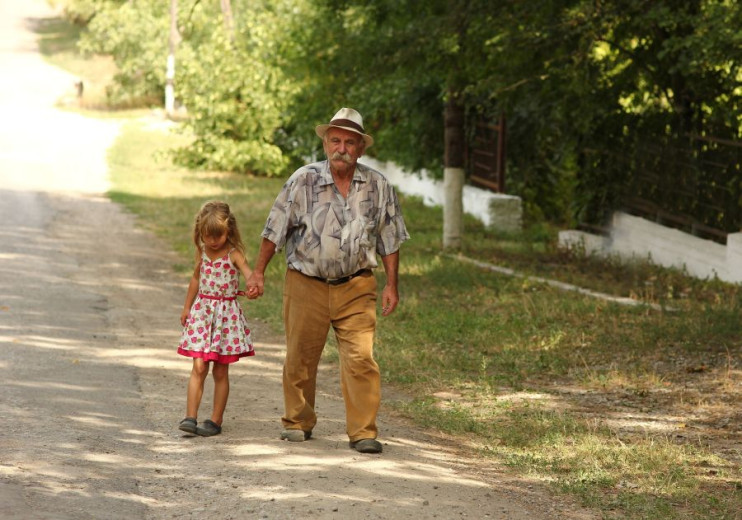 The house name it is connected with the family history and is passed down from generation to generation. Photo: Kostia/depositphotos.com
The house name it is connected with the family history and is passed down from generation to generation. Photo: Kostia/depositphotos.com
City and village
Generally, Slovenian house names are more common or just more often preserved in rural than in urban areas. Even though some areas that today are parts of cities, sometimes very close to city centres, used to be rural areas.
Most of the preserved city house names are names of inns.
For example, Gostilna pri Peclju in Ljubljana, which means The Inn at the Stem (according to oral tradition, the innkeeper used to throw cherry stems in with the cherries for sale) and Gostilna pri Žabarju, which means The Inn at the Frog Hunter's, where fried frog's legs and frog's legs with garlic and parsley have always been part of the menu, because the area of Ljubljana was very marshy. They say that children used to hunt frogs and bring them to the inn in exchange for treats.
-
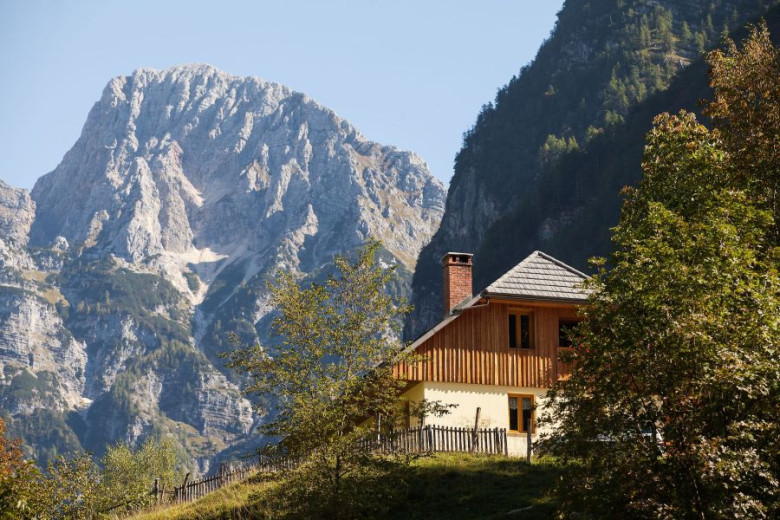 Organic Tourist Farm "Pri Plajerju" (actor) in Trenta Valley. Photo: Boris Pretnar/www.slovenia.info
Organic Tourist Farm "Pri Plajerju" (actor) in Trenta Valley. Photo: Boris Pretnar/www.slovenia.info
-
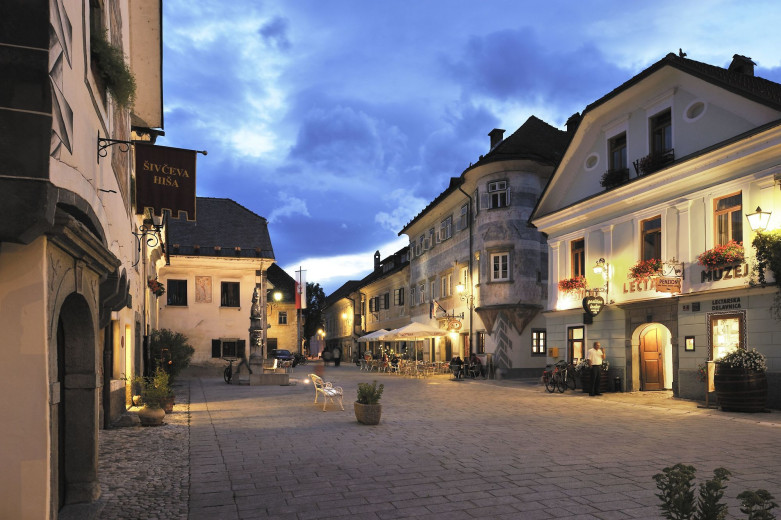 The family-run restaurant with Slovenian cuisine "Lectar" (honeybread - gingerbread) has been located in the center of Radovljica since 1822. There is also a hotel with a long tradition of hospitality and a gingerbread museum within the restaurant. Photo: Miran Kambič/www.slovenia.info
The family-run restaurant with Slovenian cuisine "Lectar" (honeybread - gingerbread) has been located in the center of Radovljica since 1822. There is also a hotel with a long tradition of hospitality and a gingerbread museum within the restaurant. Photo: Miran Kambič/www.slovenia.info
-
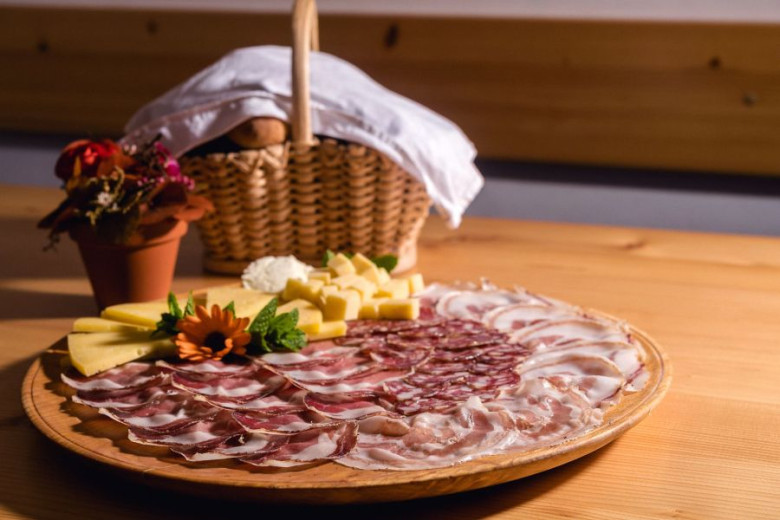 Eco farm "Pri Lovrču" (master name Lovre). Photo: Dean Duboković/www.slovenia.info
Eco farm "Pri Lovrču" (master name Lovre). Photo: Dean Duboković/www.slovenia.info
-
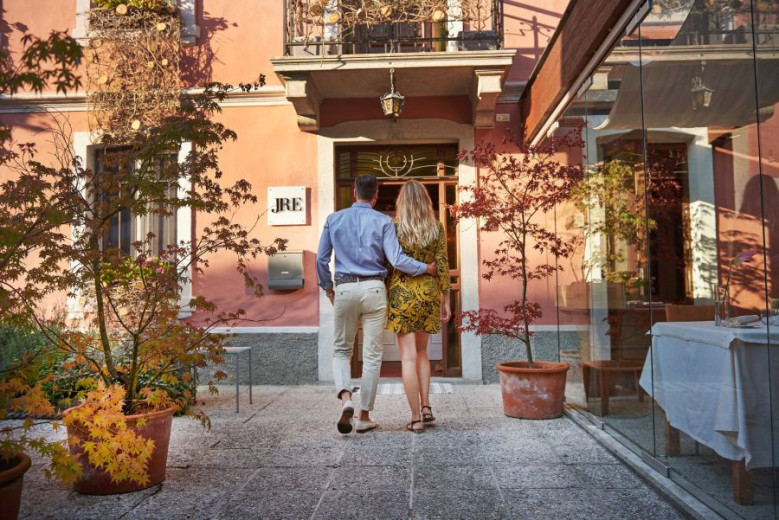 And the legendary "Hiša Franko" (name of a master) three star Michelin restaurant and hotel has a history stretching back over one hundred years. It has been a roadside inn, a village mill, and during World War I when during the Battle of Caporetto decimated the nearby town of Kobarid—it served as a hospital. Photo: Tomo Jeseničnik/www.slovenia.info
And the legendary "Hiša Franko" (name of a master) three star Michelin restaurant and hotel has a history stretching back over one hundred years. It has been a roadside inn, a village mill, and during World War I when during the Battle of Caporetto decimated the nearby town of Kobarid—it served as a hospital. Photo: Tomo Jeseničnik/www.slovenia.info
Original house names
Slovenian house names are also interesting because many of them are in dialect. For some, you need to know the old dialect of the area to understand them. For this reason house names are important for encouraging villagers to feel connected to their village.
This part of our cultural heritage is more preserved in villages.
Slovenian house names are usually related to a person's profession, origin, their character or physical characteristic, or to an anecdote.
Common house names are: At the Smith's (blacksmithing), At the Sexton's (taking care of the church), At the Cobbler's (shoemaking), and names after the master of the house, such as At Tonc's (Anton) or At Jurček's (Jurij). Interestingly, in Kropa, which was a village of blacksmiths, there was not a single house named At the Smith's. The reason is, of course, that house names were used to distinguish them. In general, house names were related to the master of the house, rarely to the mistress. The exception was houses where a midwife lived (At the Midwife's).
Some houses were given names if they were linked to foreigners. Such names are: At the Italians', At the Croats', At the Americans', At the Spaniards'.
Knowledge of identity is a privilege
House names have a similar role to that of genealogy.
They are a link to our identity, fill us with pride in our ancestors and make us laugh at family anecdotes or sad if they are related to sad events.
In any case, this is who we are, and being unique and having your own identity is a privilege.

